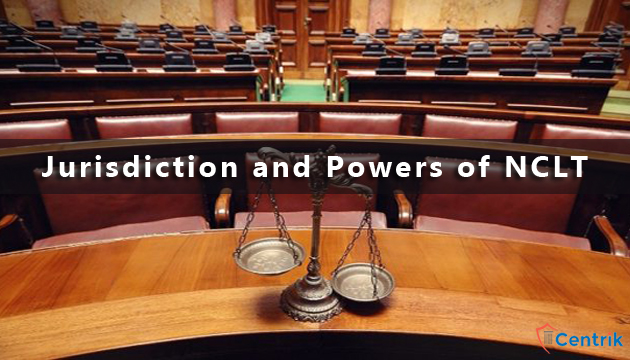
National Company Law Tribunal (NCLT) and National Company Law Appellate Tribunal (NCLAT) were established due to the notification w.e.f. June 01, 2016, published by Ministry of corporate affairs. Both the tribunals were conferred with the powers under section 408 and section 410 of companies act, 2013 respectively.
The said notification was published with the objective to bring specialized justice system for corporates and to provide for a fast track recourse to the society to proceed against the corporates. The setting up of NCLT and NCLAT is an effort to move towards faster resolution in corporate disputes, thus improving the ease of doing business in India.
Apart from the general objectives and intentions behind setting up of NCLT and NCLAT, they have been brought up to effectively and efficiently implement the Insolvency and Bankruptcy Code, 2016 (IBC).
Procedure before the tribunal
- NCLT and NCLAT are vested with the powers of civil courts.
- They shall not be bound to follow the procedure laid down in Civil Procedure Code but shall be guided by the principle of natural justice.
- The orders passed shall have the same effect as decree delivered by the court.
- As per section 422 of Companies act, 2013 the tribunal is supposed to expeditiously dispose of the matter within 3 months including the extension of 90 days as the case may be.
Power of Review
NCLT can review its own orders and make the necessary corrections apparent from the record. The time period within which review of the order is allowed is 2 years and not beyond that.
Appeall
Anyone who is aggrieved by the order of NCLT shall approach or file an appeal against the impugned order before NCLAT. The person has to file the appeal within the time period of 45 days from the date of receiving the order. Also, the extension period of 45 days is allowed to the aggrieved while filing an appeal before the NCLAT.
Anyone aggrieved from the orders of NCLAT has to approach the Supreme Court filing an appeal against the impugned order.
NCLT and IBC
Insolvency applications against the corporate persons who owes a debt to some creditors and defaults in making the payment to the creditors (financial or operational) shall be filed in the NCLT.
According to section 61 any aggrieved person can file an appeal before the NCLAT with 30 days of receiving the order.
JURISDICTION OF NCLT
Territorial
The NCLT before which the application under IBC is to be filed depends upon the location of registered office of the corporate debtor against which the insolvency application has to be filed. Therefore, the application to initiate the insolvency resolution process shall be filed in the territorial jurisdiction of that NCLT within whose jurisdiction the registered office of the corporate debtor is situated.
NCLAT
Any appeal against the order of all the NCLT benches shall be filed at NCLAT situated at New Delhi.
Monetary Jurisdiction
Every NCLT is constituted of a Principal Bench and other benches.
NCLT, Principal Bench- Over the companies having the paid up share capital of more than
Rs. 50 Lakhs or for any other matter which shall be notified by the Hon’ble president of the NCLT.
NCLT, New Delhi Bench- If the paid up share capital of company is upto Rs. 50 lakhs, then the other benches shall have the jurisdiction or any other matter which shall be authorized by the Hon’ble president by passing a general or specific order.
Disclaimer – Please note that the above view is based on personal interpretation and for general awareness. The readers are required to take opinion from the IBC professionals or Insolvency Professionals before relying on the article. For any clarifications, please write to us at ibc@centrik.in




 join For Updates
join For Updates